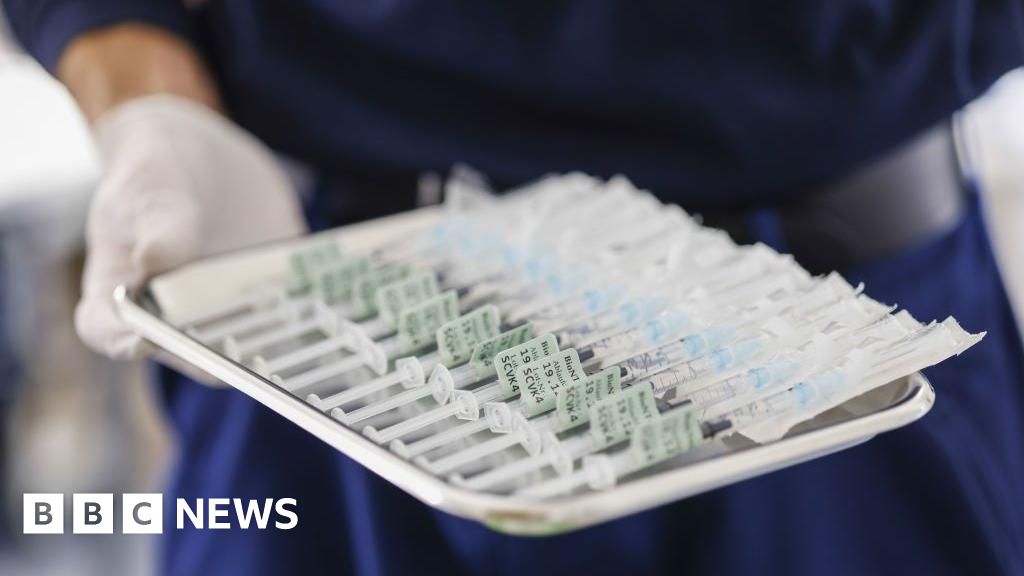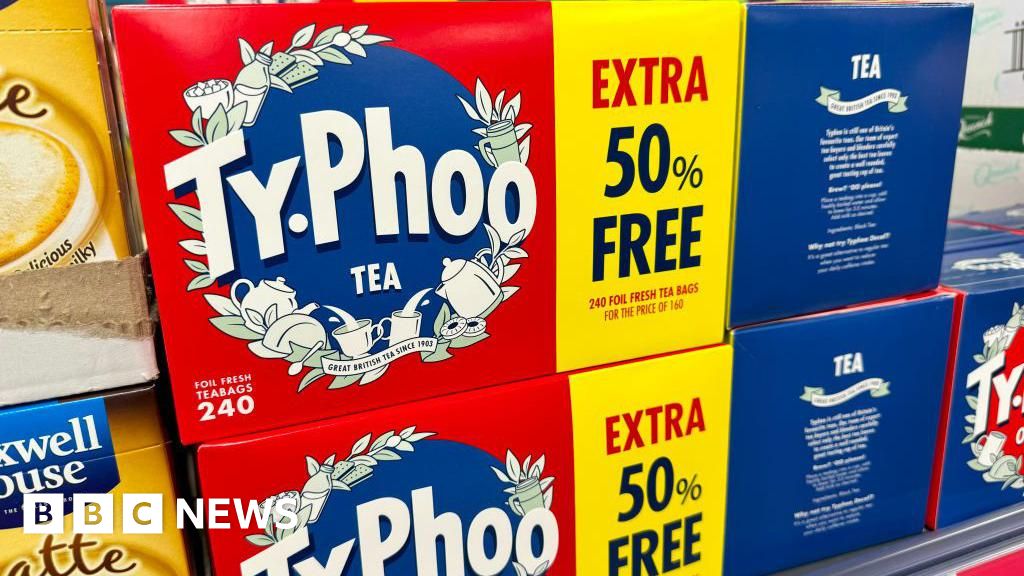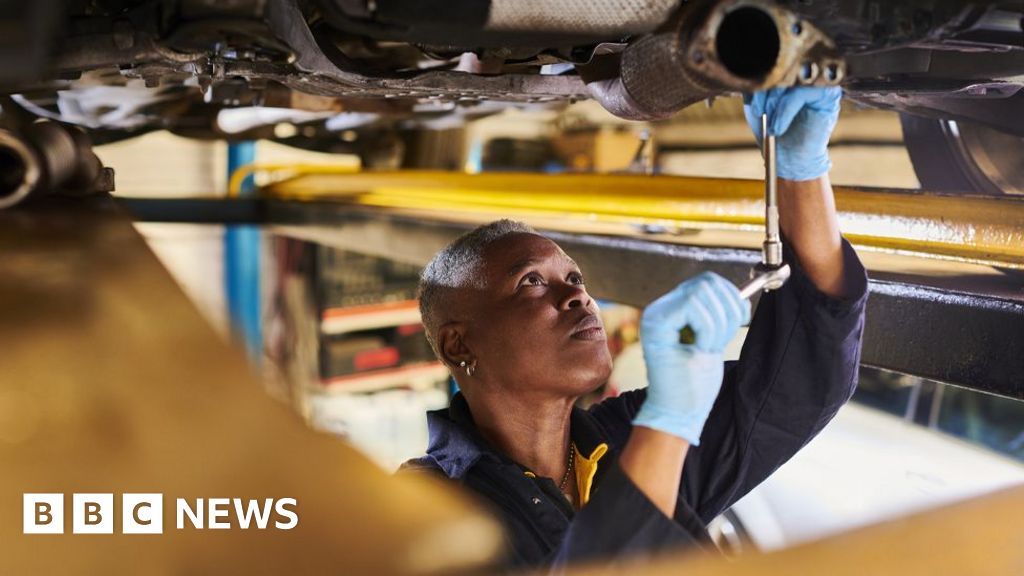ARTICLE AD BOX
Image source, Getty Images
Prices in shops rose at their fastest rate in over a decade in February, the British Retail Consortium (BRC) says.
Shop price inflation jumped from 1.5% in January to 1.8% in February, according to the BRC-NielsenIQ price index.
It marks the highest rate of inflation it has recorded since November 2011.
The sharp rise was partly driven by fresh food price rises and higher prices for other goods such as beauty and furniture products.
Many people have been struggling with a cost of living crisis as fuel prices and energy bills continue to soar.
The latest official figures provided by the Office for National Statistics (ONS) showed living costs rising at their highest rate for 30 years.
Non-food inflation rose to 1.3% in February, rising from 0.9% in January which is its highest rate since September 2011, the BRC said on Wednesday.
The inflation rate for fresh food, which measures how quickly costs for everyday items increase over time, rose to 3.3% - up from 2.9% in January, according to the industry group.
The BRC said this was partly because of poor harvests, both in the UK and overseas.
'Unwelcome news'
Helen Dickinson, chief executive of the BRC, said that the price rises would be "unwelcome news" for households who already face taking how less because of energy price rises and higher National Insurance rates.
Retailers, Ms Dickinson added, are still facing cost pressures from higher shipping rates, labour shortages, product price increases and rising energy prices. Many of these increases continue to be passed on to customers.
Cost of living: ‘All of a sudden there’s no money’
"Retailers are going to great lengths to mitigate against these price rises and support their customers, for example, many supermarkets have expanded their value ranges for food," Ms Dickinson continued.
"Unfortunately, there are limits to the costs that retailers can absorb," she added.
Mike Watkins, head of retailer and business insight at research firm NielsenIQ, said he expects shop prices to continue to rise over the next few months.
"With falling disposable income for most households, retailers will need to keep encouraging customers to spend by offering choice and value and, for some, discounts as well as added benefits for loyal shoppers," Mr Watkins added.
The Bank of England has warned the increase in the cost of living could exceed more than 7% this year.
Food chains such as Greggs, have already raised the price of some goods in order to cover increased labour costs. The High Street retailer Next, has also said its prices could rise by up to 6% this year to keep up with higher costs.
Supermarket giant Tesco has also warned that the "worst is yet to come" for rising food prices.
Jack Monroe, a food poverty campaigner, has said that the prices of everyday essentials are going up by more than the official inflation rate, hitting the poorest hardest.
The ONS agreed that "one inflation rate doesn't fit all" and said it would soon be publishing a wider variety of cost-of-living metrics.

 2 years ago
49
2 years ago
49








 English (US)
English (US)